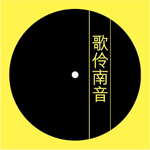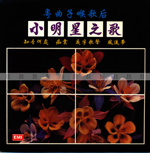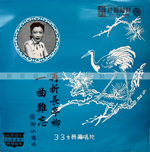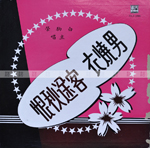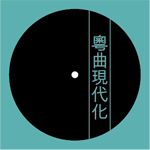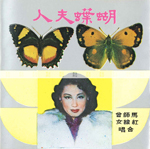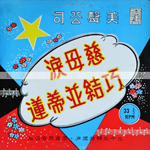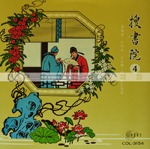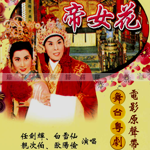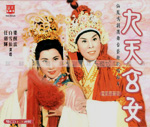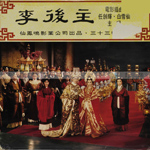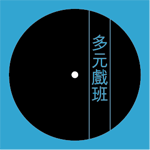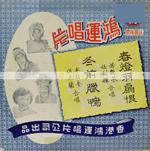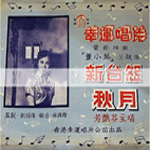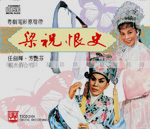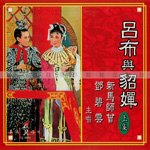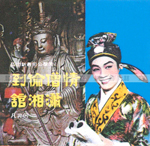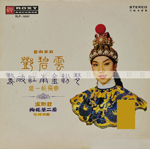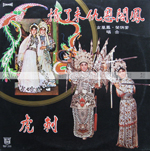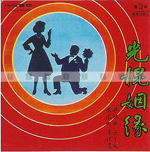Since the early twentieth century, Hong Kong has always been an important venue for Cantonese opera development. After 1949, as a result of political turmoil in the Mainland, performers and troupes converged and resettled in the territory, leading to a tremendous prospering of Cantonese opera in the subsequent decade. This development is linked intimately with the rise of the electronic media.
Performers and troupes began to grasp the possibilities offered by film and radio to re-examine age-old performance practices with regard to acting, singing, script writing, instrumentation, and stage set-up. They brought in novel elements from the theatre and movie world, and participated in the production of films and records. With these acts, they are extending the movement to modernize Cantonese opera that began in the 1930s.
Wong Jum-sum was thoroughly immersed in the world of Cantonese opera from young. Through his close encounter with master performers like Hung Sin-nui, Ma Si-tsang, Yam Kim-fai, Pak Suet-sin and Tong Dik-sang, he witnessed first hand the modernization of Cantonese opera, and was mightily moved by the adventure and passion he saw.
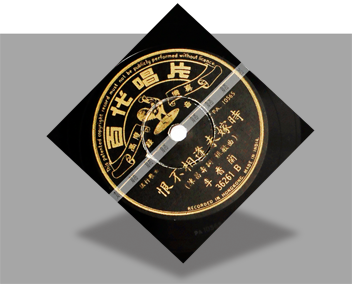

作曲:姚敏
作詞:陳昌壽(陳歌辛)
主唱:李香蘭
冬夜裡吹來一陣春風
心底死水起了波動
雖然那溫暖片刻無蹤
誰能忘卻了失去的夢
你為我留下一片春的詩
卻叫我年年寂寞過春時
直到我做新娘的日子
才開始不提你的名字
可是命運偏好作弄
又使我們無意間相逢
我們只淡淡地招呼一聲
多少的甜蜜辛酸
失望苦痛盡在不言中
